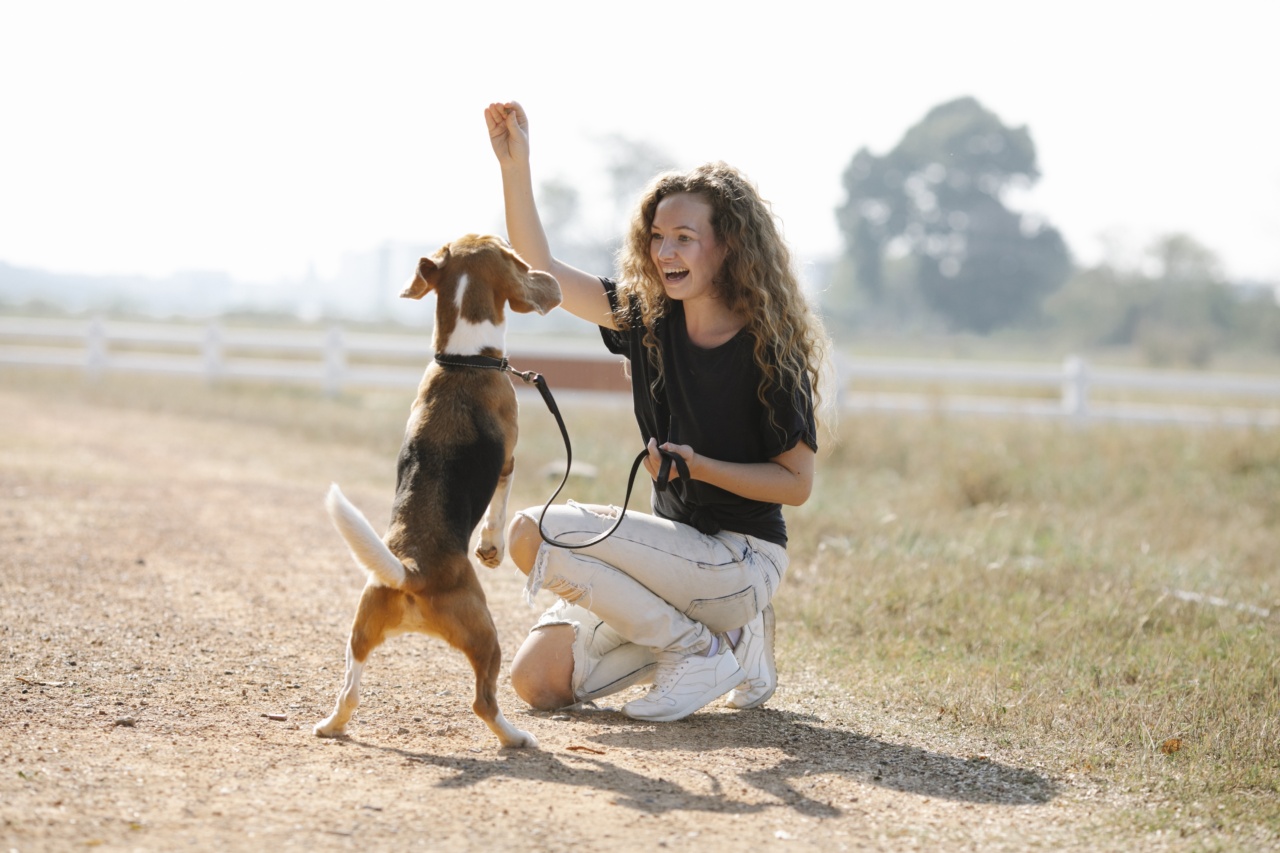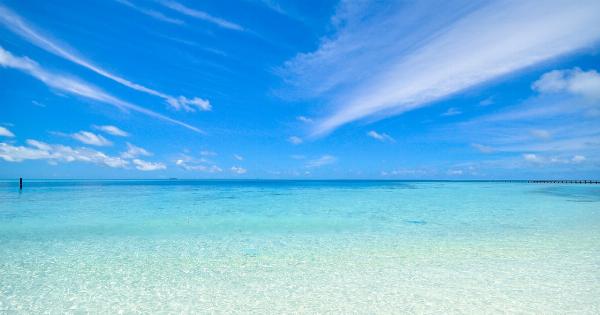Summer is a time for outdoor activities, vacations, and sunny days spent at the beach. However, for some people, this season comes with an unpleasant problem: nosebleeds.
If you’re wondering why nosebleeds tend to occur more frequently during the summer months and how you can treat them, keep reading. In this article, we will explore the science behind summer nosebleeds and provide effective treatments to help manage them.
Understanding Nosebleeds
Nosebleeds, also known as epistaxis, occur when there is bleeding from the blood vessels in the nose. The nose contains a rich network of blood vessels, which are more vulnerable to damage due to their location and thin walls.
Any injury or irritation to these blood vessels can cause a nosebleed.
The Effects of Dry Air
One of the primary reasons why nosebleeds are more common in the summer is the dry air. As the weather gets warmer, the humidity levels tend to drop, leading to dryness in the air.
Dry air can deplete the moisture levels in the nasal passages, causing the blood vessels to become brittle and more prone to rupture. When these vessels crack, they result in a nosebleed.
In addition to low humidity, other factors such as excessive heat and prolonged sun exposure can also contribute to drying out the nasal passages.
Engaging in outdoor activities during the summer can increase the risk of nosebleeds, particularly if you’re exposed to direct sunlight for long periods.
Seasonal Allergies and Nosebleeds
Many people suffer from seasonal allergies, which tend to worsen during the summer. Allergies can lead to nasal congestion and frequent sneezing, both of which can put additional strain on the blood vessels in the nose.
When the blood vessels become irritated or inflamed due to allergies, they become more susceptible to bleeding.
If you’re prone to allergies, it’s important to manage them effectively to reduce the risk of nosebleeds.
Consult with your doctor to determine the best course of action, which may include antihistamines or nasal sprays to control your allergy symptoms.
Treating Summer Nosebleeds
While nosebleeds can be alarming, most cases can be treated at home with simple remedies. Follow these steps to stop a nosebleed:.
1. Stay Calm and Upright
Remain calm and keep your head in an upright position. Although it may be tempting to tilt your head back, this can cause blood to flow down the throat, which can lead to nausea or choking.
2. Pinch your Nose
Using your thumb and index finger, pinch the soft part of your nose, just below the bridge. Maintain the pressure for around 10 minutes. This technique helps to squeeze the blood vessels and reduce bleeding.
3. Apply Ice
Place a cold compress or ice pack wrapped in a cloth on the bridge of your nose. The cold temperature constricts the blood vessels and helps to stop the bleeding.
4. Stay Hydrated and Moisturize
Drink plenty of fluids to keep yourself hydrated, especially during the summer.
Additionally, using a saline nasal spray or applying a thin layer of petroleum jelly inside your nostrils can help to moisturize the nasal passages, preventing dryness and potential nosebleeds.
When to Seek Medical Attention
While most nosebleeds can be managed at home, there are situations when it’s necessary to seek medical attention. Consult a healthcare professional if:.
– The bleeding doesn’t stop after 20 minutes of applying pressure.
– You experience recurrent nosebleeds.
– Nosebleeds occur as a result of an injury or trauma.
– You’re lightheaded, dizzy, or experience difficulty breathing.
– The nosebleed is accompanied by a severe headache.
If you have chronic nosebleeds or an underlying condition that increases your risk, your doctor may recommend additional treatments such as nasal cauterization or nasal packing, which help to control persistent bleeding.
Preventing Summer Nosebleeds
Although it may not be possible to completely prevent nosebleeds, especially if you’re prone to them, you can take certain precautions to minimize their occurrence. Here are some preventive measures you can adopt:.
1. Use a Humidifier
Invest in a humidifier to increase the humidity levels in your home. This helps to counteract the drying effects of air conditioning and promote moisture in the nasal passages.
2. Avoid Nose Picking
Avoid picking your nose, as this can damage the delicate blood vessels and trigger a nosebleed. If you feel the need to clean your nose, use a saline nasal spray or gently blow your nose instead.
3. Protect Your Nose
Wearing a hat or applying sunscreen to your face can provide some protection against direct sunlight and prevent your nasal passages from drying out excessively.
4. Stay Hydrated
Drink plenty of fluids throughout the day to keep your body hydrated. This also helps to maintain moisture levels in the nasal passages.
Conclusion
Nosebleeds during the summer months are often a result of dry air, excessive heat, and seasonal allergies. By understanding the science behind these nosebleeds and following the appropriate treatments, you can effectively manage and treat them.
Remember to stay calm, follow the steps to stop bleeding, and seek medical attention if necessary. By taking preventive measures, you can minimize the occurrence of summer nosebleeds and enjoy this sunny season worry-free.































